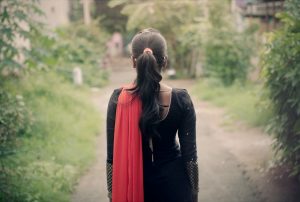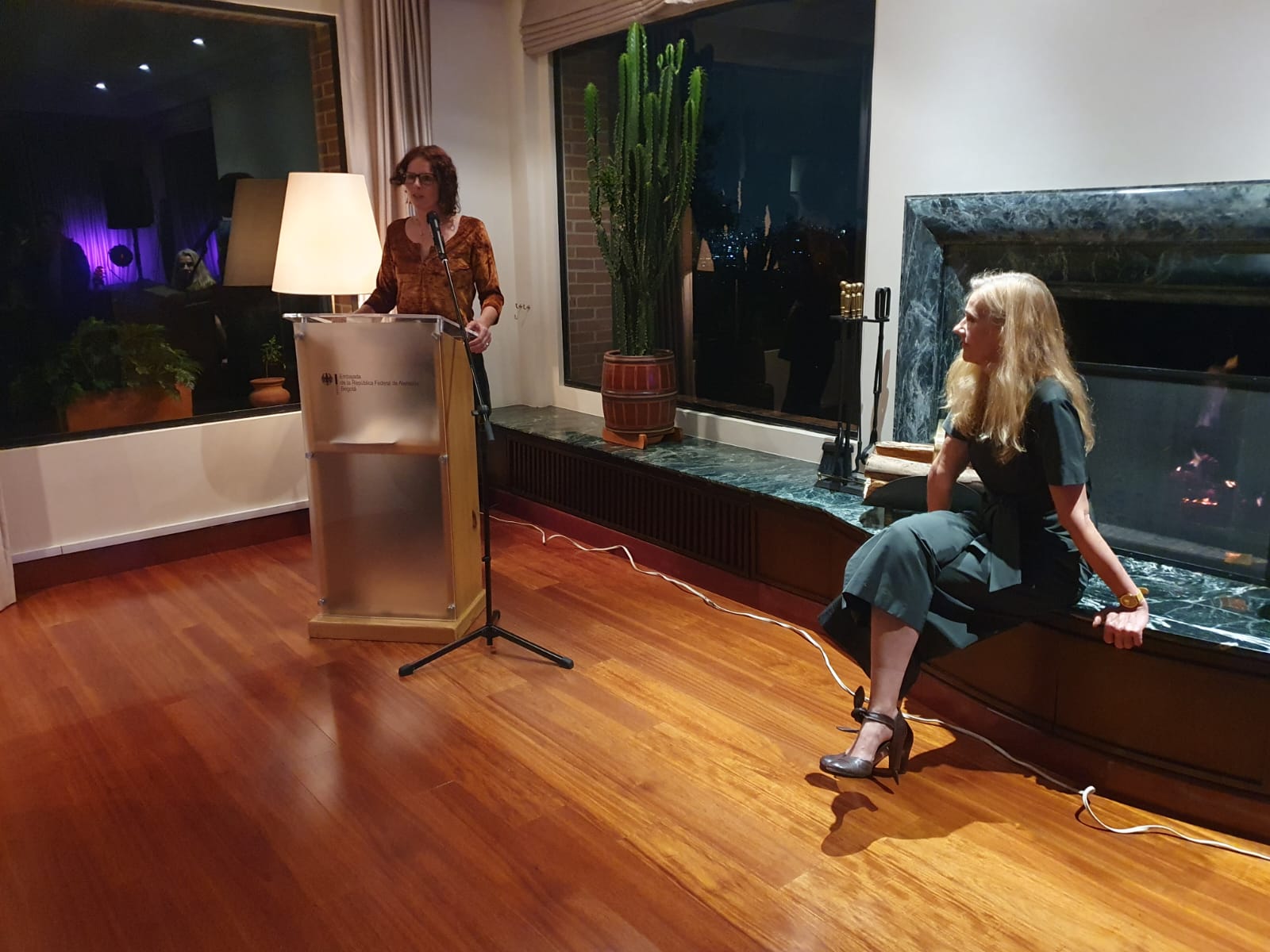Human Rights and Women Social Leaders

Women social leaders in Colombia are visible in their communities, fighting for the defense of human rights in their territories. Being a leader or social leader in the country is sometimes complicated, and can even be dangerous. According to the organization Pares (2023), in only 3 months of this year, 36 leaders have been assassinated in the national territory, 9 of them women (Observatorio de DDHH, conflictividades y paz, 2023). The departments of Cauca, Valle del Cauca and Nariño have the highest incidence of murders of social leaders. Thus, the total number of social leaders killed reached 1,040 since the signing of the Peace Accords in 2016.
According to the organization Pares (2023), in only 3 months of this year, we count 36 leaders assassinated in the national territory, 9 of them women.
(Observatorio de DDHH, conflictividades y paz, 2023).
Women social leaders are affected by discrimination and specific risks because they are women and because of their work in favor of the defense of human rights. Thus, several areas of violence can be identified, including the personal sphere, in which women suffer physical, sexual, psychological and/or economic violence, whether or not related to the armed conflict; the family sphere, where there is intra-family violence or intimate partner violence; and the organizational sphere, in which women leaders are exposed, among others, to socio-political violence. Many women human rights and territorial defenders also face racist discrimination and structural exclusion for being indigenous, Afro-Colombian or peasant women (Ombudsman’s Office, 2022).



